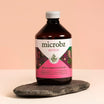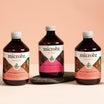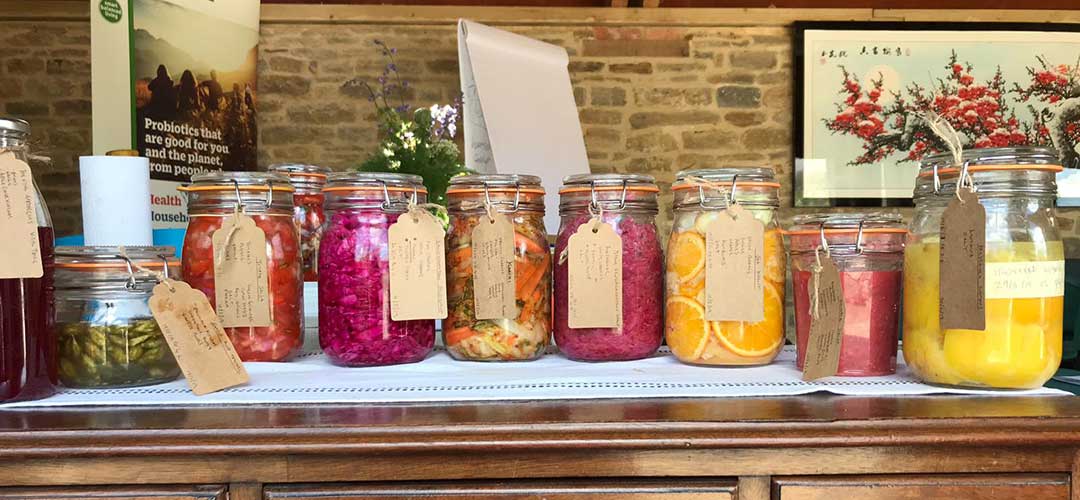'Fermentation creates a complex microcosm, it's like a an ecosystem and what they do effectively is they create a food that is no longer harmful to humans, the bad bacteria gets moved out in this process and then they create a food that's more nutritious than the food we've started out with.'
Mara King co-founder and COO of Ozuke, a fermented foods business, TedTalk.
During the fermentation process, microorganisms such as bacteria, yeasts or fungi convert organic compounds such as sugars into alcohol or acids, more specifically lactic acid which acts as a natural preservative. These bacteria break down, or predigest, certain components of the food we eat, making it easier for nutrients to be absorbed by the body. Eating fermented foods and the lactic acid bacteria they contain can help to improve the health of the intestinal tract, enhance the immune system, enhance the availability of nutrients, and reduce the symptoms of lactose intolerance, allergies and the risk of some cancers.
Improved digestion The sugars and starches in food are broken down through fermentation and food is easier to digest. As lactobacilli in fermented foods multiply, their vitamin levels increase, and they become more digestible.
Strong immunity Most of your immune system is found in your gut and by eating fermented foods rich in probiotic culture, you support the mucous lining of the gut making the immune system stronger. A lack of diversity in beneficial microbes will allow pathogenic bacteria to grow causing inflammation in the gut wall.
Availability of beneficial nutrients Fermentation increases the availability of vitamins and minerals and helps create new nutrients like B vitamins, folic acid and biotin. Having the proper balance of gut bacteria and enough digestive enzymes through the consumption of fermented foods helps your body to absorb as many nutrients as possible from the food you eat. When fermenting food or drink, the change of sugars enhances the natural beneficial bacteria in food, so it can also be called a probiotic. When you eat fermented foods, you add beneficial bacteria and enzymes to your gut bringing a multitude of health benefits for your gut microbiome, digestive system and immune system.
Probiotic rich fermented foods
- Kefir: A multi-strain cultured drink rich in minerals and vitamins.
- Sauerkraut: Fermented cabbage high in fibre, iron magnesium and calcium as well as loaded with vitamins.
- Miso: A traditional Japanese paste made from fermented soybeans and grains. Abundant in minerals, vitamins and folic acid. It also contains of millions of beneficial bacteria.
- Kimchi: A spicier fermented cabbage along with other vegetables loaded with vitamins, minerals, iron, calcium and selenium.
- Kombucha: A fizzy fermented drink made from sugar and black tea and rich in friendly bacteria.
- Tempeh: Fermented soybeans rich in protein and a great substitute for vegetarians.







